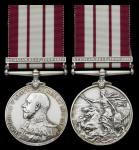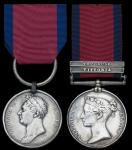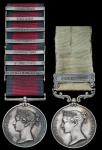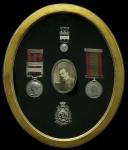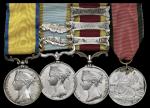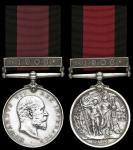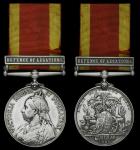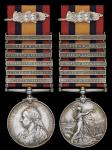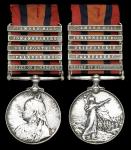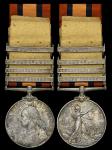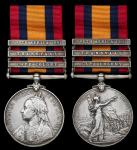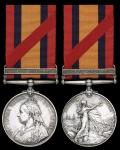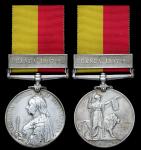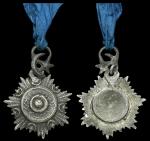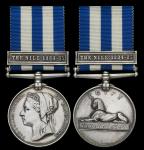鲁伯特·乔纳·布鲁克第一次世界大战纪念牌
Rupert Brooke is dead. A telegram from the Admiral at Lemnos tells us that this life has closed at the moment when it seemed to have reached its springtime. A voice had become audible, a note had been struck, more true, more thrilling, more able to do justice to the nobility of our youth in arms engaged in this present war, than any other more able to express their thoughts of self-surrender, and with a power to carry comfort to those who watch them so intently from afar. The voice has been swiftly stilled. Only the echoes and the memory remain; but they will linger. During the last few months of his life, months of preparation in gallant comradeship and open air, the poet-soldier told with all the simple force of genius the sorrow of youth about to die, and the sure triumphant consolations of a sincere and valiant spirit. He expected to die: he was willing to die for the dear England whose beauty and majesty he knew: and he advanced towards the brink in perfect serenity, with absolute conviction of the rightness of his countrys cause and a heart devoid of hate for fellow-men. The thoughts to which he gave expression in the very few incomparable War sonnets which he has left behind will be shared by many thousands of young men moving resolutely and blithely forward in this, the hardest, the cruelest, and the least-rewarded of all the wars that men have fought.
They are a whole history and revelation of Rupert Brooke himself. Joyous, fearless, versatile, deeply instructed, with classic symmetry of mind and body, ruled by high undoubting purpose, he was all that one would wish Englands noblest sons to be in the days when no sacrifice but the most precious is acceptable, and the most precious is that which is most freely proffered. Winston Churchills highly evocative obituary, as published in The Times. The important Great War Bronze Memorial Plaque awarded to Sub-Lieutenant Rupert Brooke, Royal Naval Volunteer Reserve & Royal Naval Division Ranking highly in the first division of Poets to emerge during the Great War, he had excelled whilst at Cambridge University and thrived in that heady environment which allowed him to grow and experiment in all aspects of his life; a self-proclaimed bisexual, Brooke had lost his virginity in a homosexual liaison before embarking on several explosive affairs which saw him crossing paths with several key players in the Bloomsbury Group - W. B. Yeats considered that he was ...the most Handsome man in England A veteran of the Defence of Antwerp in October 1914, Brooke wrote his name into history with his series of Sonnets before tragically succumbing to blood poisoning off Gallipoli on St. Georges Day 1915; just three weeks prior his finest work, The Soldier, had been read aloud on Easter Day at St. Pauls Cathedral, the words so powerful they latterly brought a Field Marshal to tears Great War Bronze Memorial Plaque (Rupert Brooke), with Woolwich Arsenal WA punch to the reverse, together with its Buckingham Palace enclosure, traces of adhesive and previous mounting to reverse, very fine

